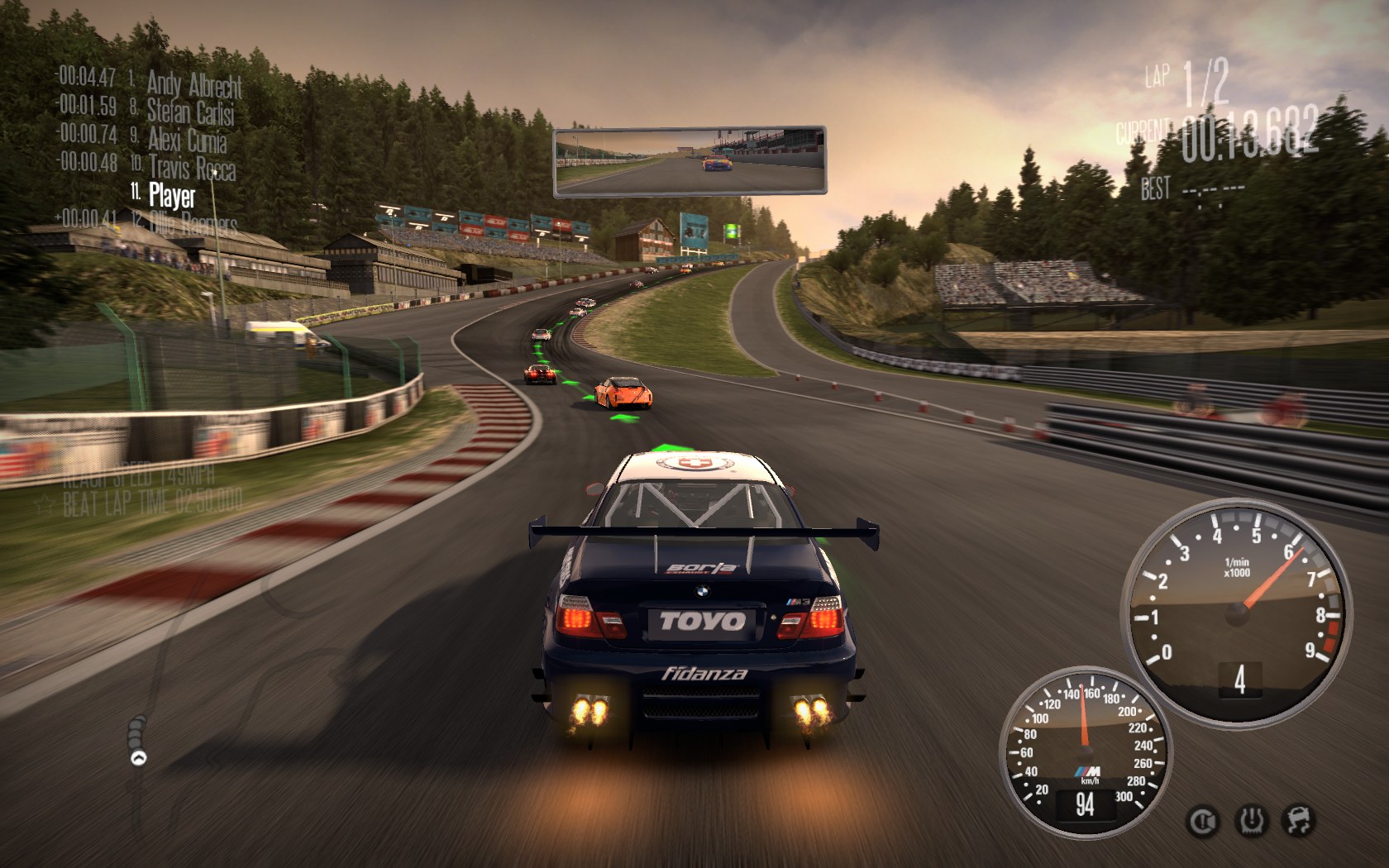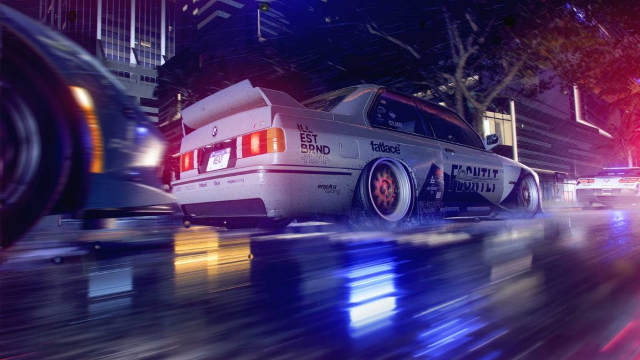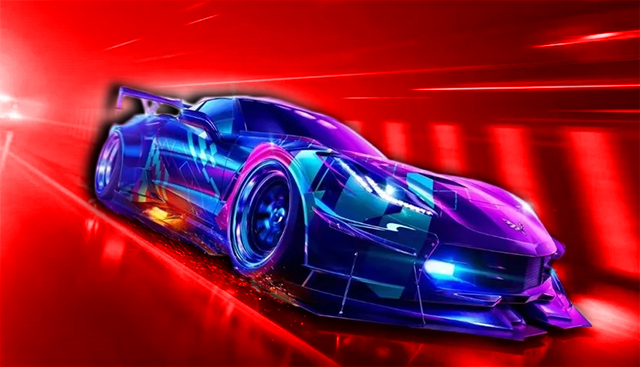When EA Canada released The Need for Speed in 1994, the pitch was rather simple: players would drive exotic cars that they couldn’t afford in real life really fast through different environments while also avoiding any police that tried to arrest them. Throw in some wonderfully cheesy full-motion video that typified the era, and you had a hit on the 3DO that wound up being ported to PC, PlayStation, and Sega Saturn over time. This wound up launching one of gaming’s longest-running racing game series as players have been treated to over 20 sequels in the past 25 years. However, along the way we’ve seen the series lose its core identity, try to reinvent itself during a mid-life crisis, and then struggle to win its back. This year’s Need for Speed Heat will look to finally get the series back on track, but it’s far from a guarantee considering the series’ past attempts at it.
For its first eight years, the Need for Speed series didn’t find much need to vary what it was doing. The series’ blend of real cars and more arcade-style racing was a hit with players as it didn’t require the patience of Gran Turismo, but still allowed players to live out some driving fantasies. The artificial intelligence of the police improved from entry to entry as they could perform more complex maneuvers to take the player out and eventually they had to avoid traps as well as the cars themselves. Eventually, EA added narratives but they were as simple as trying to become a Porsche factory driver in 2000’s Need for Speed: Porsche Unleashed.
ALSO: Best Switch Racing Games | From Mario Kart 8 Deluxe to Virtua Racing
The first real change in the series came in 2003, as Need for Speed: Underground rebooted the series and took it in a street racing direction. It made sense at the time as the original The Fast and the Furious film was a huge hit and there was more interest in tuner culture than ever before. With the change to street racing, we also saw a bigger focus on car customization as players could deck out their ride with different paint jobs and parts. It also brought forth the first real campaign in the series as players raced to become the best racer of Olympic City. The shift was a huge success for the series and they kept with the street racing motif for the next five games in the series leading up to 2008’s Need for Speed: Undercover.
2009 was when Need for Speed lost its identity

Everything changed in 2009, though. Electronic Arts decided to expand the series by announcing three different releases: Shift, Nitro, and World. Shift was a more simulation-based title (although not to the extent of Gran Turismo or Forza) that saw players racing on traditional tracks rather than city streets. Meanwhile, Nitro was exclusive to Nintendo consoles and went even more into an arcade direction. Finally, World was a PC-only release that was a racing MMO. It quickly went free-to-play and repurposed a lot of elements of Most Wanted and Carbon. To say the series was experiencing an identity crisis was an understatement.
In 2010, the series seemed to finally get back on track as EA transferred developer Criterion Games from its own Burnout series to helming Need for Speed. Essentially starting where Burnout Paradise left off, Criterion released two great open world racing titles under the Need for Speed banner (Hot Pursuit and 2012’s Most Wanted). Both put a renewed focus on dealing with police, going back to high-speed racing, and challenging players to use their driving skills to escape.
However, as it took several years for Criterion to release a high-quality racing game, Electronic Arts started throwing additional developers on the series. In between Hot Pursuit and Most Wanted we saw a sequel to the simulation-focused Shift, an awful cinematic-based title called The Run that saw players get out of their car and even face off against thugs with guns in quick-time events. All of the good work that Criterion was doing was being undercut by a publisher that couldn’t go a year without one or two new Need for Speed titles on the market, drowning customers and watering down the franchise name.
Can Need for Speed Heat refocus the series?

Most Wanted would wind up being Criterion’s last solely developed Need for Speed title and Ghost Games took over primary development starting with 2013’s Need for Speed Rivals. It tried to emulate Criterion’s titles, but lacked any sort of hook or real improvement. The game was followed up by a 2015 reboot that saw the glorious return of full-motion video to the series, but unfortunately cheesy cutscenes were the least of the racing game’s issues. Its most recent effort was 2017’s Payback, which was a Fast and Furious-inspired racer that saw the player collaborating with a crew of thieves to jack cars and get revenge. These were all solid releases, but none of them truly felt like the Need for Speed that had become a fan-favorite two decades prior nor did they catch on.
Ghost Games is once again at the helm for Need for Speed Heat, the series’ 24th installment. The studio has been receptive to criticism and seem to be bringing a lot of elements back with Heat. Taking place in a fictionalized version of Miami called Palm City, it focuses more on street racing like Underground did. As their reputation grows as a racer, the police will become more aggressive in tracking them down. It might not be the original vision, or even something new, but Need for Speed is going back to the formula that worked wonders during the PlayStation 2 era.
Electronic Arts has always played it fast and loose with the Need for Speed series and that has led to some amazing games and some surprising failures. And over the years, those failures have piled up. Need for Speed Heat isn’t an entirely new look for the series, but sometimes familiarity is a good thing. By going back to basics, and embracing the neon-filled street racing that saw the series hit a new peak in popularity, Ghost Games is finally giving Need for Speed a clear-cut identity again. Whether or not they will stick with it remains to be seen.







